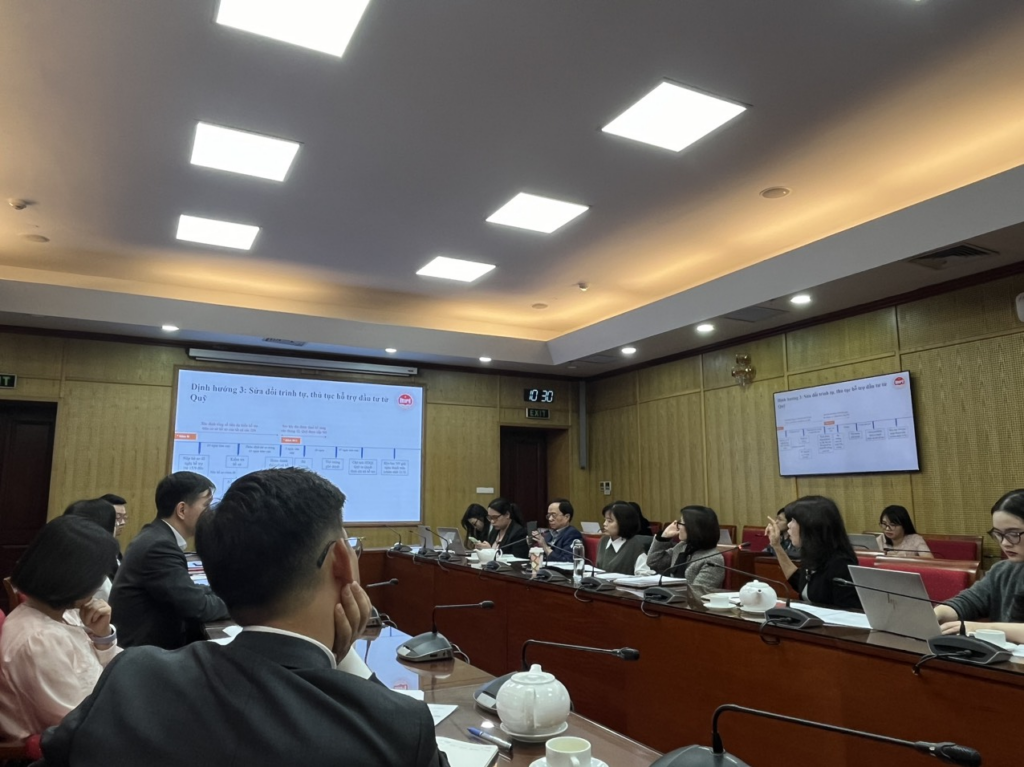
The Ministry of Planning and Investment (MPI) organized a seminar to gather comments on a draft decree concerning an investment support fund, seen as a solution to attract strategic investments amidst Vietnam’s adoption of the Organisation for Economic Cooperation and Development (OECD)’s global minimum tax
On October 8th 2021, the OECD introduced two Pillars to tackle challenges of the digital economy. The second Pillar implements a global minimum tax of 15% for multinational corporations, known as the GloBE regulation, to prevent profit shifting to low-tax areas. Vietnam, as an Inclusive Framework member, has adopted and enforced this regulation
During this seminar, LNT & Partners among with PWC, KPMG, Deloitte, EY, Baker McKenzie, Kim & Chang and InvestPro contributed opinions on establishing and managing this fund in the context that Vietnam is adopting OECD’s minimum tax
This decision to establish the investment support fund would play an important role in consolidating the confidence of foreign investors in Vietnam’s investment environment, expansion and promoting new investment
It also aligns with Resolution No. 41-NQ/TW dated October 10, 2023, which focuses on building and promoting the role of Vietnamese entrepreneurs during the new period of the Central Executive Committee

The finance for the fund would come from the State budget sourced from the collection of top-up taxes and others
Next step, the Government will issue decree allowing multinational corporations with revenue exceeding EUR750 million to apply for investment supports and other criteria according to the decree
Specifically, this fund will provide support for enterprise investing in high-tech production, high-tech companies, those applying high technology in projects which have capital scales from 12 trillion VND and a revenue from 20 trillion VND per year; and research and development (R&D) centre with a capital of 3,000 trillion VND or higher
However, careful study is needed on how the fund will be utilized to ensure fairness, transparency, and alignment with common international practices




